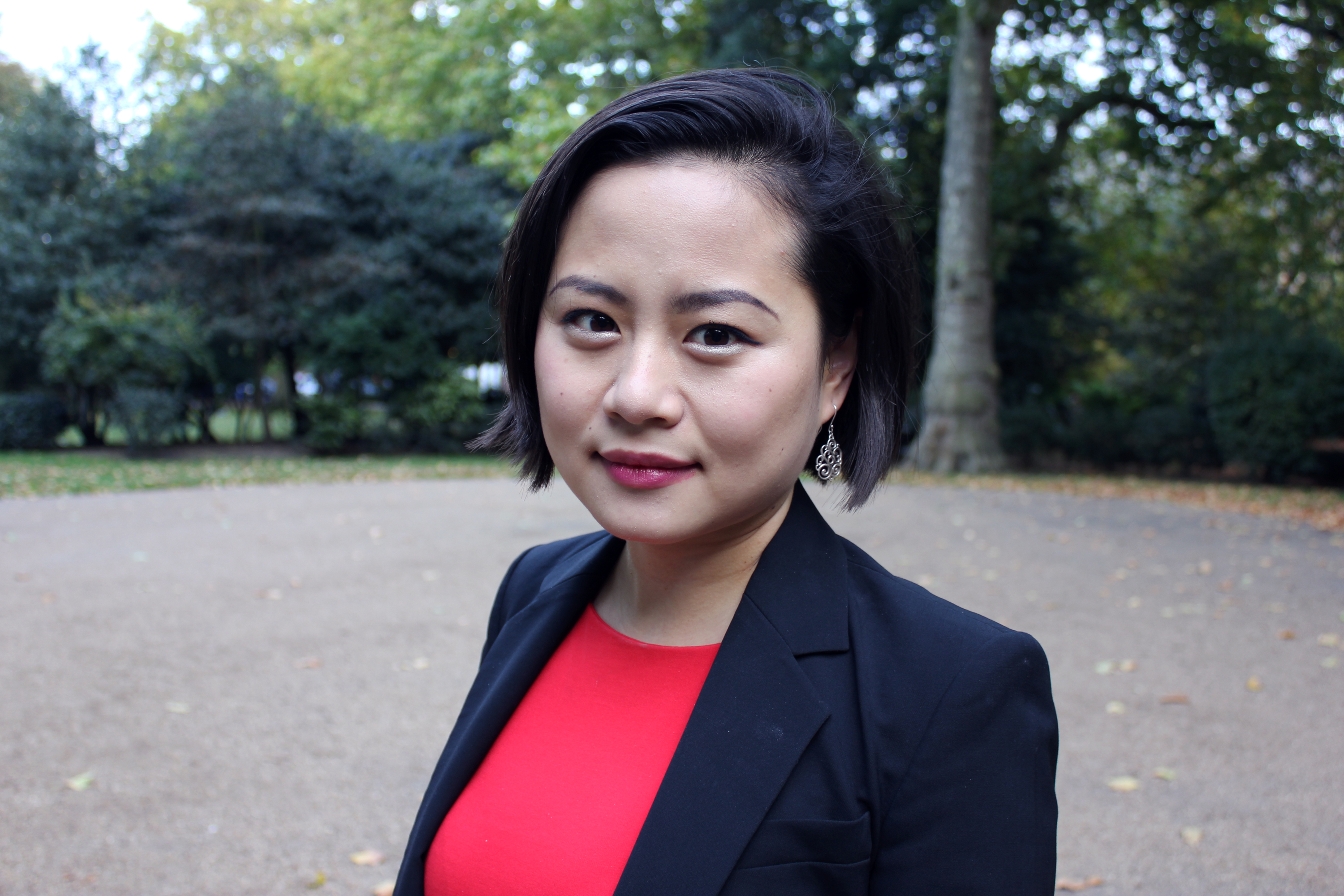
Pictured: Tinghua Yu, LSE Fellow, School of Public Policy
Do popularly elected judges in the United States interpret law differently than their politically appointed counterparts? Are judges incentivised to vote in certain ways, based upon their appointment experiences, legacy, and aura of professionalism? Can we predict how judges will interpret the law, by examining this underlying appointment process?
These are important questions to consider when analysing American policymaking. They are the type of questions that Tinghua Yu finds herself asking. As a game-theorist by training, Tinghua is interested in examining the incentive structure experienced by judges and elected officials in the American political system.
“When you make policy, you need to understand the big picture,” said Tinghua, over a cup of coffee at the Shaw Café. For her, political science provides policymakers with an “understanding of the fundamental causes” that underlie bureaucracies and systems of government.
Tinghua arrived to LSE in 2017, as a fellow in the Department of Government. Currently, she teaches PP478 Political Science for Public Policy, a course that examines important political phenomena, such as voting behaviour, elections, and lobbying. She has been impressed with the sense of maturity demonstrated by SPP students, as well as their diverse career experiences. “I am always trying to bridge my course material with real life applications,” she said. “Many students will often cite their own professional experience, which is something I find quite interesting and useful in classroom discussions,” she explained.
During her first year as a fellow at LSE, Tinghua taught alongside a former classmate of hers, Professor Alexandra E. Cirone, who served as an LSE fellow from 2014-2017. Cirone, who is now a professor at Cornell University, will return back to LSE in January to teach a module for the School of Public Policy’s Executive Master in Public Administration programme.
Before arriving to LSE, Tinghua completed her PhD at Columbia University in Political Economy, under the tutelage of Dr. John Huber, an expert in political methodology. As a PhD student, Tinghua taught a collection of both undergraduate and master’s seminars at Columbia. This was a truly profound experience for Tinghua, as it allowed her to view classroom interactions from a different perspective.
Originally, Tinghua arrived at Columbia to study a master’s degree in Quantitative methods in social sciences with the intention of returning to her native China after graduation. However, once she arrived to Columbia, she was encouraged by her professor, Professor Macarten Humphreys, to consider completing a PhD in political economy. “Being a minority and a non-native English speaker, Professor Humphreys really encouraged me to participate in class and share my views and opinions,” said Tinghua.
This encouragement is something that Tinghua strives to provide to her own students today at LSE. Besides providing her expertise to students, Tinghua has come to view her role “as a nurturer for others,” especially students who are in search of guidance. She credits her mentors at Columbia with providing her with the tools for communicating and talking with students.
Tinghua’s family has been another source of her intellectual curiosity. She described her upbringing in Zhejiang province, as filled with philosophical discussions and debates. “We were always having philosophical discussions at the dinner table,” recalled Tinghua. These early experiences in debate and discussion have inspired her to engage with her students and others at LSE.
Once her fellowship ends next year, Tinghua will seek to become a full-time professor, so that she can continue to teach political economy and game theory to her students. In the meantime, Tinghua is working toward the publication of an article analysing the incentives of American judges through the lens of game theory.
Besides game theory, her current research focuses on transparency in authoritarian regimes and policy experimentation.
To learn more about Tinghua, please visit her faculty profile.